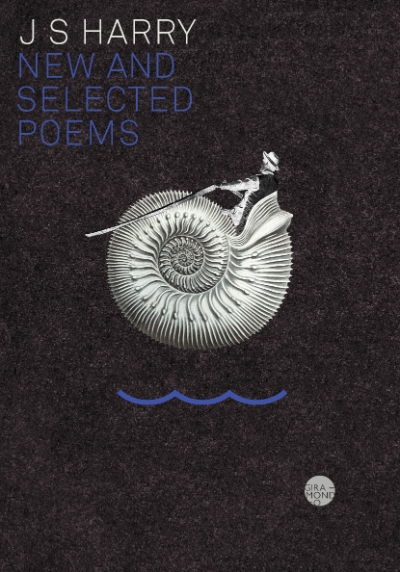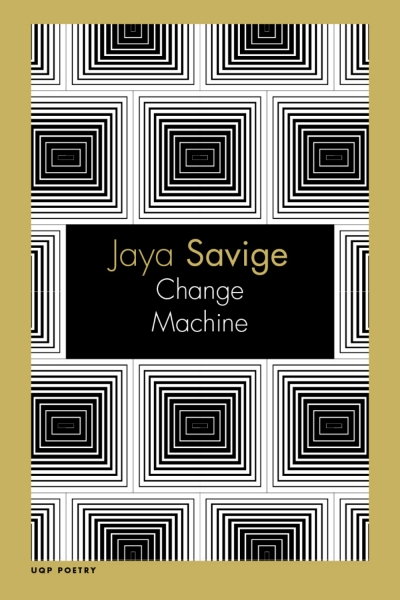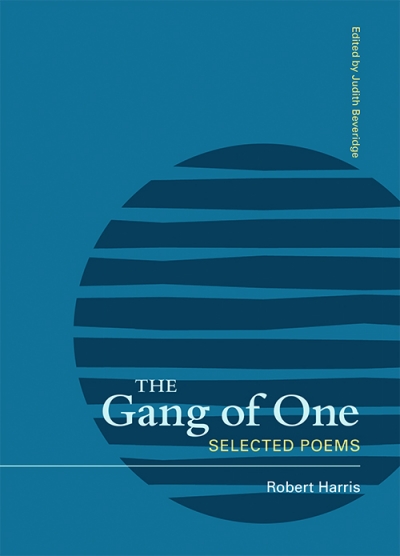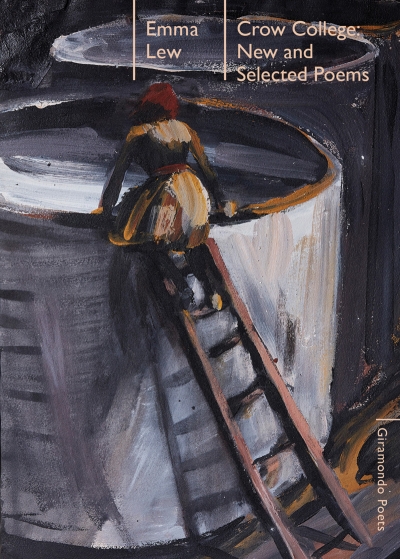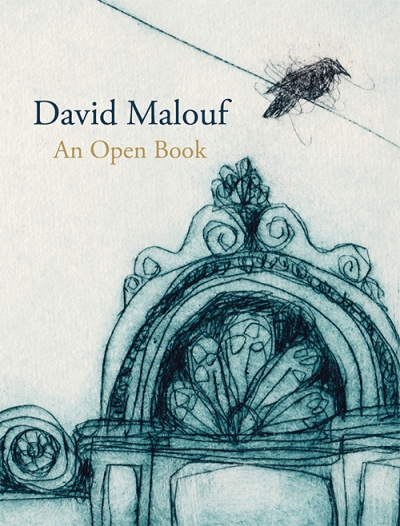Judith Bishop
Judith Bishop lives in Melbourne, Australia, and has studied in the United States and Britain. She is Director of Linguistic Services at a multinational language technology company. Her poems have won many awards, including the Peter Porter Poetry Prize (2006, 2011), an American Academy of Poets University prize (2004) and the Marten Bequest Travelling Scholarship (2002-2004). Her translations from French poets (Philippe Jaccottet, Gérard Macé) have appeared in Australian and international journals. Her first book, Event (Salt, 2007), won the FAW Anne Elder award and was shortlisted for the CJ Dennis Prize, the Judith Wright Calanthe Award, and the ASAL Mary Gilmore Prize. Her most recent collection is Interval (UQP, 2018).
To touch death in this manner: if our fingertips could pierce that airless element, the body breathing calm within its envelope of gas …
Morning took me to the jetty. I saw the moon jellyfish pulse toward the air:as their edges broke that barrier, the briefest spark appeared.
... (read more)
J.S. Harry and her lapin alter ego, Peter Henry Lepus, would assuredly have had ‘words to say’ about the war in Ukraine and its manufacture by a group of human beings. Peter, a Wittgensteinian, would have pondered hard the nature of the war ‘games’ that preceded use of arms: games in which each ‘move’ was a crafted piece of language and (dis)information, known as ‘intelligence’ or ... (read more)
There could be someone, there, walking through a forest – upright or slightly bending – gathering, not berries, or fallen nuts, or mushrooms, but thoughts; there could be thoughts like whining insects that drill down through the air to this someone, who is not ‘someone’ to insects, but at most, might be a chemical, electrical or visual site; there could be someone
over there, making noise ... (read more)
We can walk into a room not knowing.It doesn’t happen every time.
A white room can be painted to be pure.I mean, just to show us that it’s clean.
But it doesn’t have to be.We can walk into a room
not knowing whether,or when, or even that.
Thatcan be the hardest room.
Only you will know.First there is the walking.
The floor, a chair or two.The posters
of visionsof someone else’s visi ... (read more)
i.Look, said the sonographer, your sister says hello!A black photowhere the future rival sucks a thumb-to-be.Never in all historywas such a portent visiblewithout a guiding star.
ii.Algorithms tinker at the corners of my life.One tells me what I need to know.One tells me what I want.No, I say, not furniture, not the nearest death.I sense that they are holding back.Turn around, slowly: I want to s ... (read more)
Change Machine is an exceptionally strong third collection. To the extent that a schematic of thesis–antithesis– synthesis applies to poets’ books, this one both exceeds and incorporates the work that came before.
Intriguingly, the title poem seems a late addition, citing the pandemic in three clipped lines, borne on the shoulders of two innocuous words, should and but:
I’m broke. And ... (read more)
In a letter to a friend, American poet James Wright reflected on the meaning of a Selected Poems for a peer he considered undervalued: ‘It shows that defeat, though imminent for all of us, is not inevitable.’ He quoted Stanley Kunitz, whose Selected was belatedly in press: ‘it would be sweet, I’ll grant, after all these years to pop up from underground … The only ones who survive … are ... (read more)
Original voices are always slippery to describe. The familiar weighing mechanisms don’t work very well when the body of work floats a little above the weighing pan, or darts around in it. As in dreams, a disturbing familiarity may envelop the work with an elusive scent. It is no different for poetry than for any other art: the mercurial alloy, or unforeseen offspring, astonish and perturb. They ... (read more)
It is a curious thing, and not a little moving, to see writers celebrated for their work in other genres turn in later life with renewed vigour to poetry. David Malouf, like Clive James, has avowed a desire for poetry now, as the main form of writing his expression wants to take. Certainly, its brevity has a part in this, for the best of poems can happen, if fortunate, in minutes, not months, as M ... (read more)


